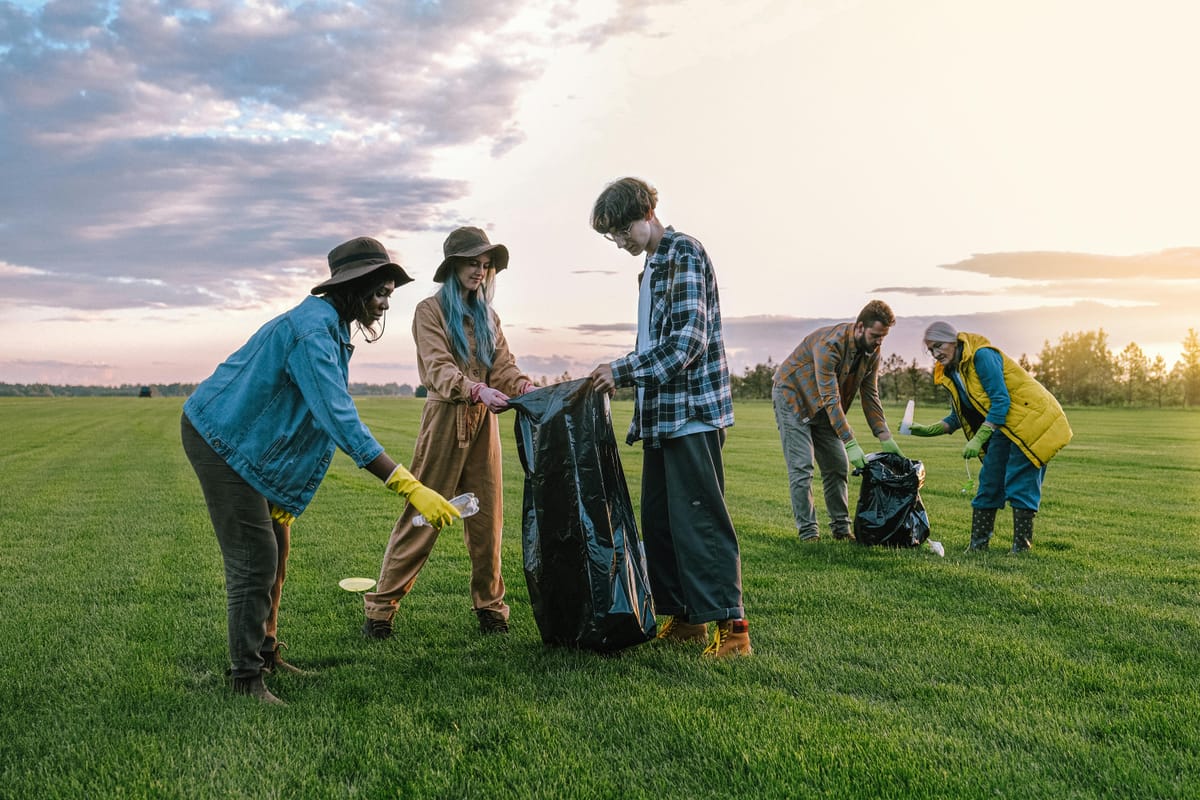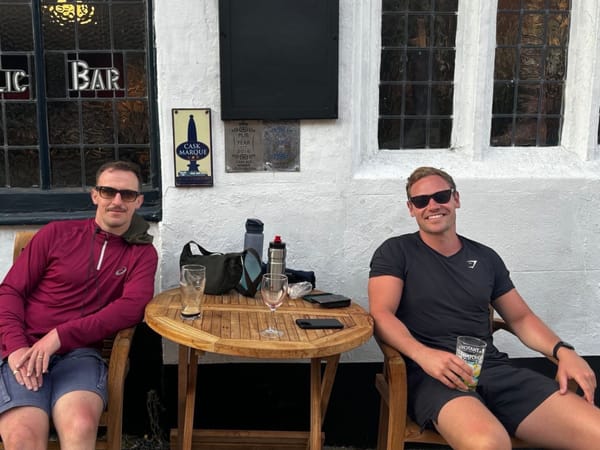Helping Others Shown To Slow Cognitive Decline

By Science Correspondent
A new study shows that helping others just a few hours a week can significantly slow cognitive decline in middle-aged and older adults.
Researchers from The University of Texas at Austin and the University of Massachusetts Boston found that both formal volunteering and informal helping—such as assisting neighbors or friends—can reduce the rate of age-related cognitive decline by 15% to 20%.
The study followed more than 30,000 U.S. adults over two decades and was published in Social Science & Medicine.
“Everyday acts of support — whether organized or personal — can have lasting cognitive impact,” said lead author Sae Hwang Han, a human development expert at UT Austin.
He noted that consistent engagement, even just two to four hours a week, offered sustained benefits.
The researchers used data from the national Health and Retirement Study, controlling for factors like health, wealth, and education.
They found that helping others had a cumulative positive effect on cognitive function, while withdrawing from such activities was linked to sharper decline.
Interestingly, informal helping, often overlooked, was just as beneficial as formal volunteering. Over half of older Americans engage in informal helping, compared to about one-third who volunteer in structured settings.
The findings suggest that maintaining opportunities for older adults to assist others could serve as a public health strategy to combat cognitive decline and conditions like Alzheimer’s.
Han’s previous research also found that volunteering reduced inflammation caused by chronic stress, another factor linked to dementia.
“Many older adults, even in poor health, continue making meaningful contributions,” Han said. “And they may benefit the most from being given the chance to help.”
The study was funded by the National Institutes of Health. Co-authors include Shiyang Zhang and Jeffrey Burr of UMass Boston.
If you have a positive story or uplifting news to share, we’d love to hear from you!
Just email us at news@goodnewspost.co.uk.
Whether it's a local hero, an act of kindness, or a personal win, your story could help spread joy and improve someone’s mental health. Let’s make the world a little brighter, one good news story at a time.
And don’t forget—you can sign up for free to get the latest feel-good stories straight to your inbox!





